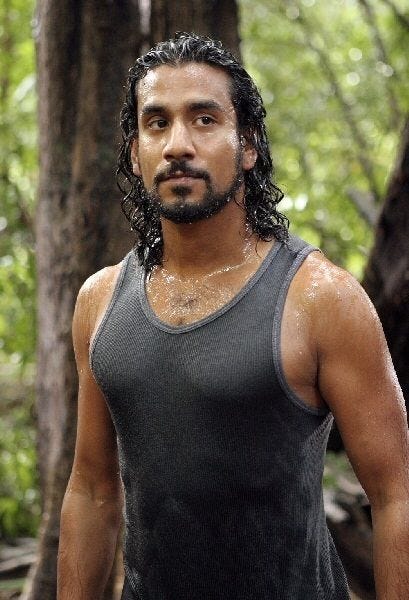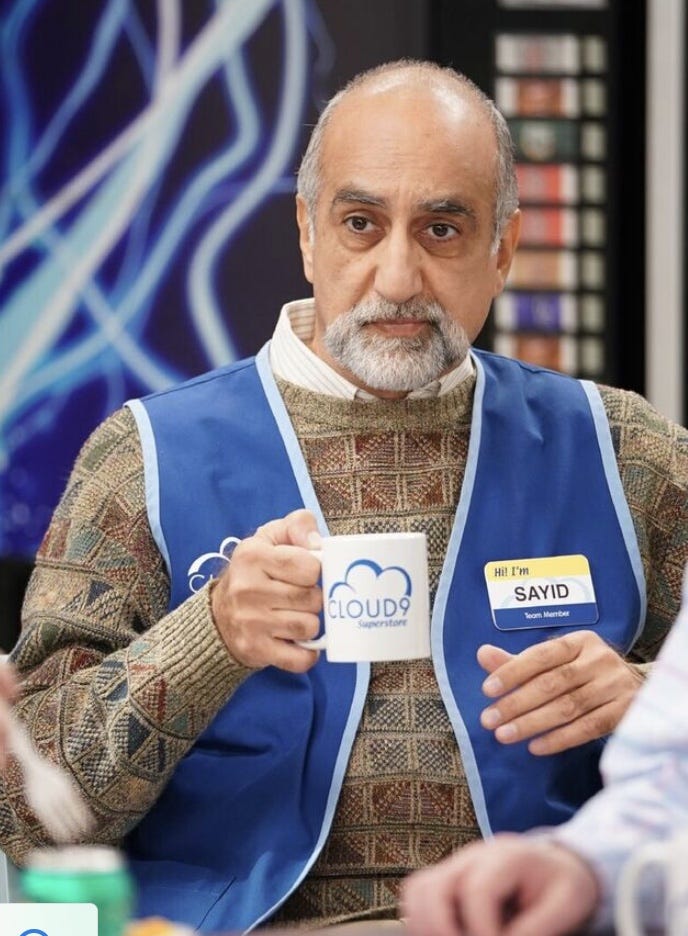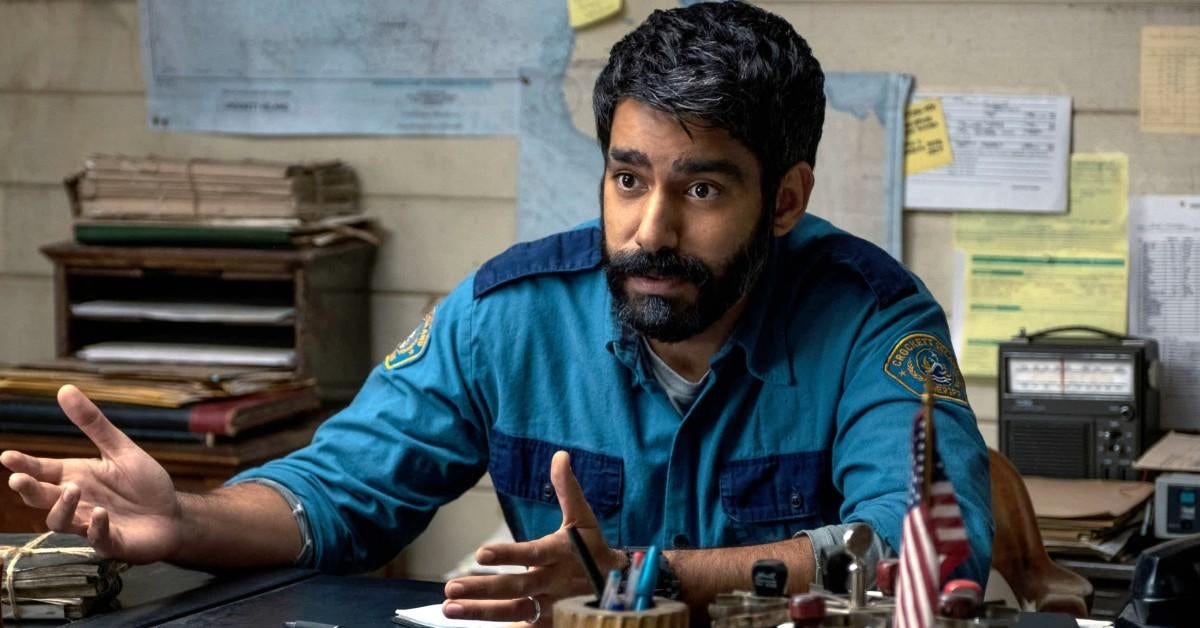How To Write a Muslim Character
In a world full of tropes and stereotypes, this show does Muslim representation right.
This article discusses a character from the show Midnight Mass, a horror-mystery series on Netflix. It is spoiler and gore-free, so you can still read it if you haven’t watched the show or don’t enjoy the genre.
Enjoy. In Solidarity — Joe
Hollywood has done a great disservice to Muslims. Ever since 9/11, movie producers and showrunners have written Muslim and Arab characters so stereotypical one has to wonder if they’ve ever met a Muslim. While representation is important, it is my opinion the majority of these characters have done more harm than good. Even when they are not the villain, the majority of on-screen Muslims embody the most tired tropes, turning these characters into one-dimensional, uninspiring cartoons with little depth and almost no impact on the plot.
Though I’m sure many television and movie writers come from a place of good intention, much of this attempted diversification has backfired by reinforcing stereotypes about an already marginalized religious minority.
Fanatics & Cool Kids
Generally, the majority of Muslim characters fall into one of two tropes:
The religious fanatic, or
The cool kid.
The fanatic is the most pervasive trope, though it does not always manifest as one might think. In many War on Terror shows and movies, the only Muslims are faceless bad guys, waving a Kalashnikov and screaming “Allah Akbar” before being gunned down by Mark Wahlberg, Bradley Cooper, or one of Hollywood’s “Chrises.”
But Hollywood quickly recognized the damage they were doing with the “Muslims are terrorists” stereotype and tried to correct it by adding “good” Muslims to their scripts. And though well-intentioned, these characters were often the other side of the same bigoted coin.
Commonly seen in action movies, “good Muslim” characters are often allied with the American military to catch the “bad Muslims.” The Kingdom (2007), Argo (2012), and pretty much every other film featuring American military operations in the Middle East and Persia include one of these characters. And while it’s good to see representation that doesn’t posit all Muslims are masked-wearing jihadists, these characters still perpetuate the myth that every Muslim is a die-hard fanatic, even when they’re on the “good” (American) side of the conflict. The Kingdom features a slew of conservative Saudi characters who openly disrespect women and hinder criminal investigations with their hardline religiosity. Lost, the groundbreaking sci-fi TV show that dominated entertainment discourse during the 2000s featured the lovable character Sayid, who charmed audiences with his compassion and leadership. In later seasons it was revealed Sayid was a former torturer for Saddam Hussein (Lost debuted a year after the Iraq War began).

Though they are heroes in their stories, this depiction of Muslims plays into the idea that all who subscribe to the Islamic faith are radical zealots who let every aspect of their lives be dictated by theocratic beliefs. Not only is this untrue, but even when Muslims are shown to be valiant characters, it implies that Muslims are a double-edged sword to society: they act in unwavering accordance with religious doctrine, and we just have to cross our fingers they interpret the Quran in a fashion that doesn’t motivate them to crash a plane into the White House.
The other Muslim trope is what I call the “cool kid Muslim.” For these characters, their faith is an afterthought that only serves to let the audience know the writers are “progressive.” But other than that, their faith has little impact on the character’s story. The B-roll will show them during salah prayer or rolling their eyes at a mother nagging them to go to mosque, but outside that their faith is irrelevant. They could easily be swapped for a Christian, Jew, or atheist without any impact on the character or story.
Whether Muslims are shown to be religious fanatics or simply added for diversity points, this hollow representation has no upside. Not only is it shoddy writing that leaves the project lacking intrigue, but it gives American audiences the impression that Muslims are either all-or-nothing: they’re either eager to wage jihad and achieve martyrdom, or they’re areligious and have no real commitment to their supposed faith.
As the majority of on-screen Muslim and Muslim-American characters have fallen into one of these two categories, I was pleasantly blindsided to find an exception where I least expected it.
Sheriff Hassan
The almighty Netflix algorithm suggested I watch Midnight Mass after I completed The Fall of the House of Usher, which was also created by veteran showrunner Mike Flanagan. I went in expecting a captivating gothic horror (which it delivered) but also found the best on-screen representation of a Muslim-American I’ve ever seen.






